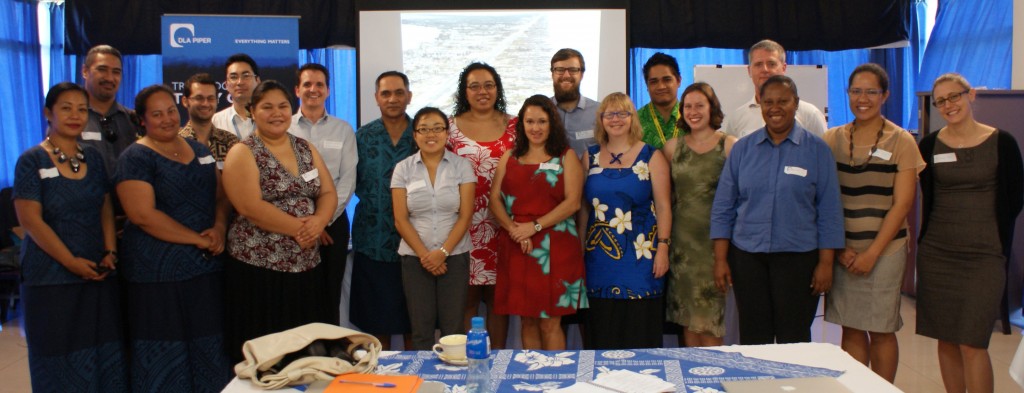Human Rights Review Editor-in-Chief Steven D. Roper is pleased to announce
the first recipient of the “Human Rights Review Gary Herbert Award” for
the best article published in the preceding year (2012).
William H. Meyer, Professor of Political Science and International
Relations at the University of Delaware, was chosen by the Award Committee
based on the topic, scholarship and contribution to the field of human
rights for his article “Indigenous Rights, Global Governance, and State
Sovereignty” published in Volume 13, Issue 4. The commendation noted that
the article “nicely links disparate developments regarding indigenous
rights to the broader notion of global governance. Meyer analyzes such
matters as the 2007 UN General Assembly Declaration on the Rights of
Indigenous Peoples, certain cases in the OAS Inter-American Court of Human
Rights and activities by the Inuit Circumpolar Council. From these and
other developments he concludes that ‘sovereign’ states can be made to pay
attention to indigenous human rights and the other claims based on these
fundamental entitlements. The structure of the article is very clear, with
details adding up to a general overview about the international management
of ‘the problem’ of indigenous peoples who now find themselves inside
territorial states within the context of the global state system. The
research is broad; the writing is clear, and the subject matter is
important. The views presented are worth reading and reflection.”
The Award Committee was composed of David P. Forsythe, Charles J. Mach
Distinguished Professor at the University of Nebraska (Chair), Patrick
Hayden, Professor of Political Theory and International Relations at the
University of St Andrews and Lilian Barria, Professor of Political Science
at Eastern Illinois University.
This Award is named after Gary Herbert, who served as the journal’s
Editor-in-Chief from 2003 to 2011. This Award was made possible with the
generous support of Springer and Neil Olivier, who serves as Senior
Publishing Editor.
For more information about Human Rights Review, please visit
http://www.springer.com/law/journal/12142

